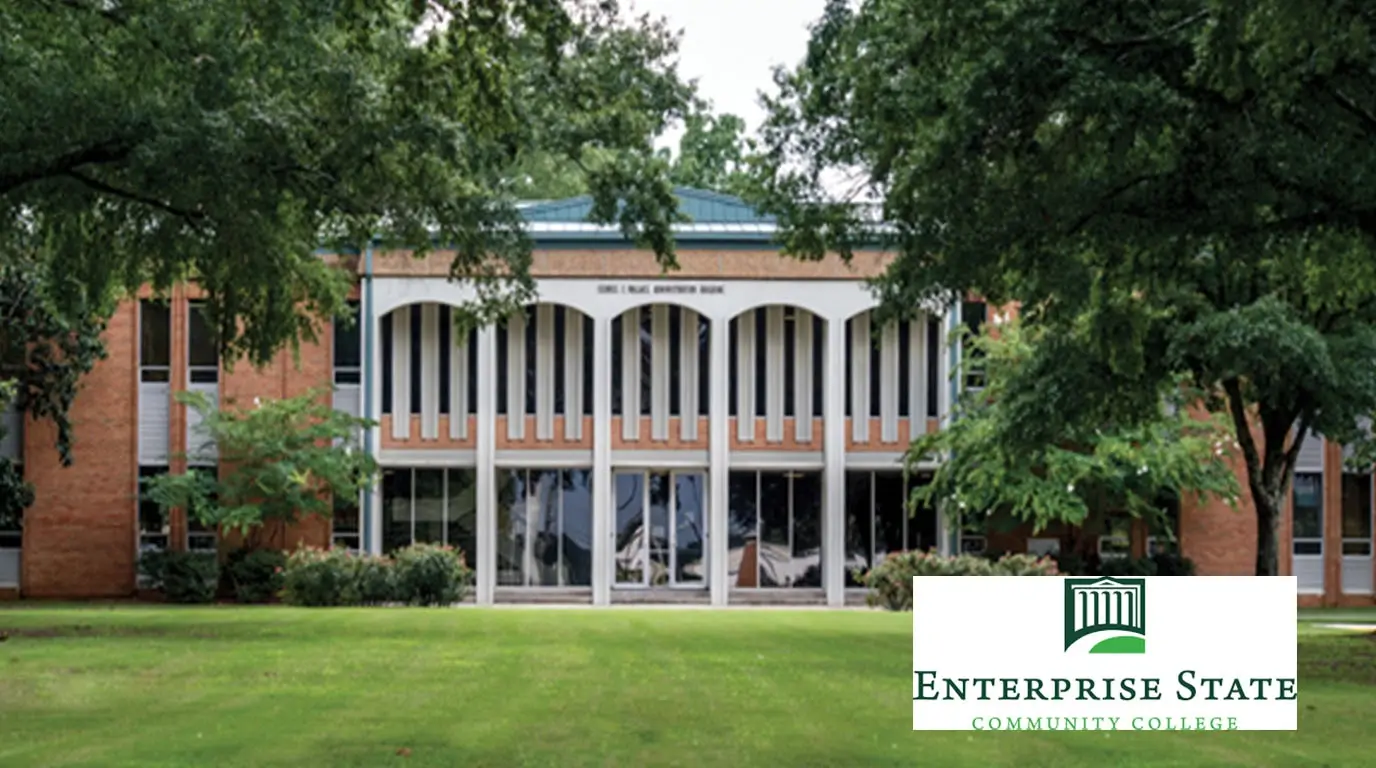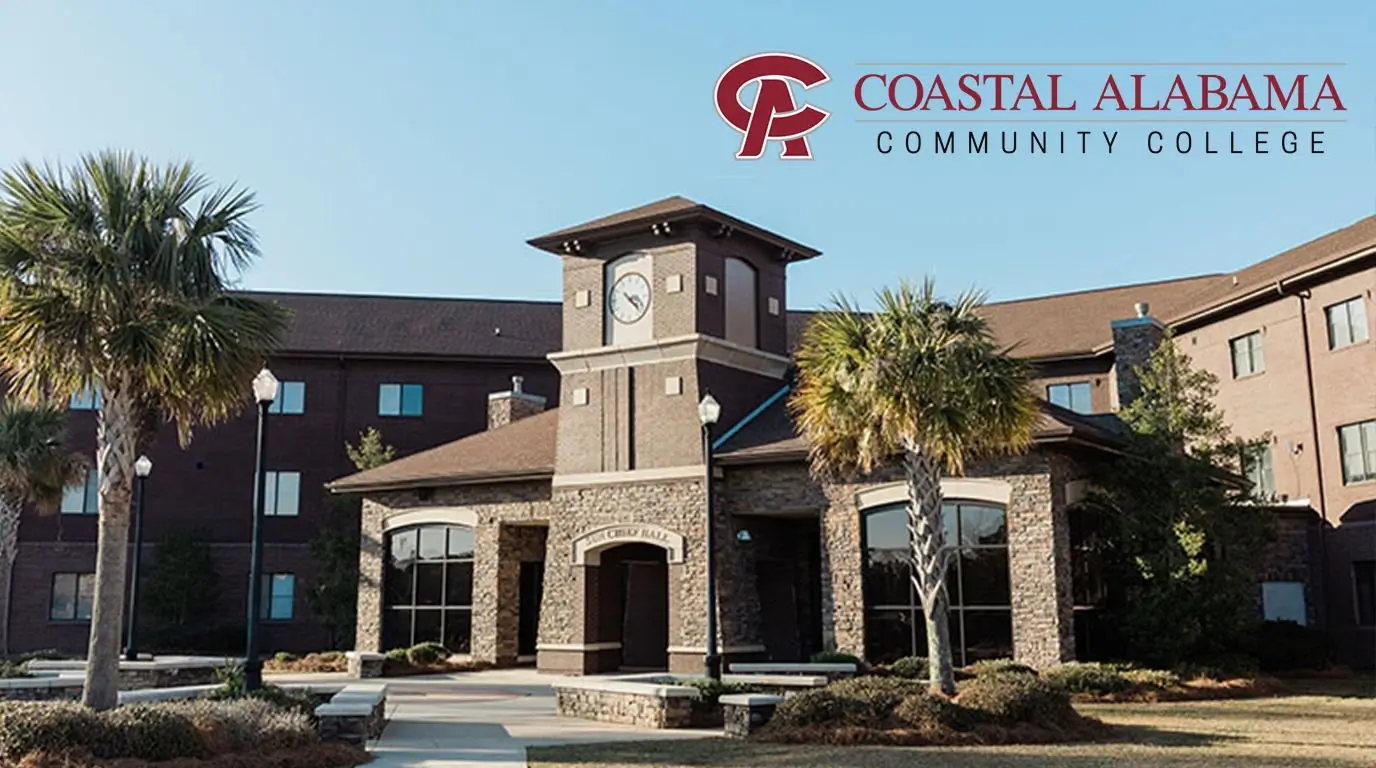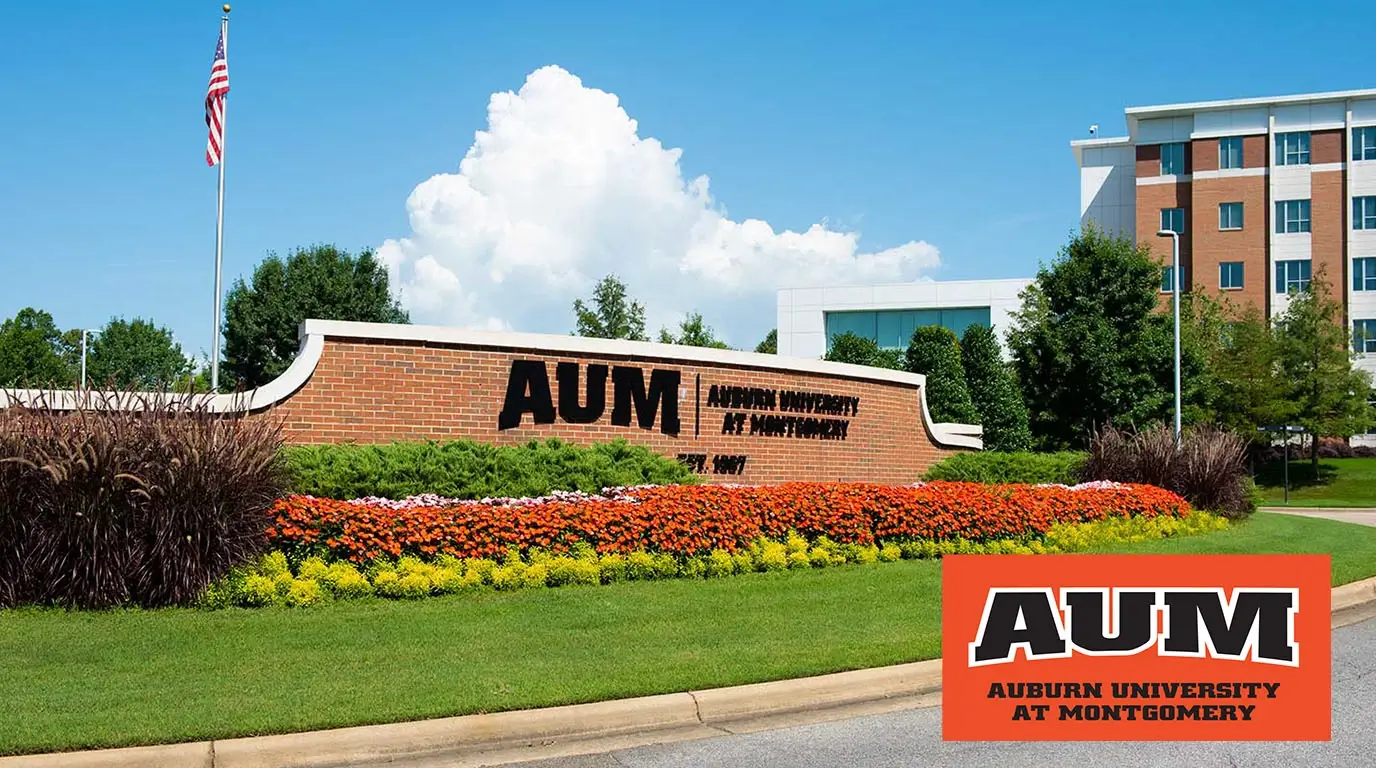Becoming a Paralegal in Maryland – Your State-Specific Guide
did you know that Maryland’s paralegal field is growing faster than the national average, with a projected 6.9% jump in jobs over the next decade? That’s what some folks at Projections Central were saying a while back, and it’s a pretty good hint that becoming a paralegal in Maryland could be your ticket to a solid legal career without the grind of law school. I’ve been around this industry long enough to see how paralegals keep the wheels turning—whether it’s digging into case files or prepping for court. If you’re wondering what it takes to get started in the Old Line State, you’re in the right place. This guide’s all about Maryland, no fluff—just the real stuff you need to know.
I’ve spent years writing about legal careers, tweaking sites to get them seen, and helping people like you figure out their next move. Maryland’s got a unique legal vibe—think big firms in Baltimore, government gigs near D.C., and small practices dotting the countryside. Let’s walk through it together.
Introduction: Why a Paralegal Career in Maryland?
Picture yourself in a busy law office, sorting through legal docs or chasing down that one case law that could crack everything wide open. That’s the life of a paralegal. In Maryland, these folks are the backbone of law firms, corporate legal teams, and even state agencies. With its proximity to Washington, D.C., and a bustling hub like Baltimore, Maryland’s legal landscape is a mix of high-stakes action and steady opportunities. Becoming a paralegal in Maryland means stepping into a role that’s in demand—and this guide’s here to break it all down, state-specific and straight to the point.
Paralegal Definition and Regulation in Maryland
Does Maryland Legally Define “Paralegal”?
Here’s the scoop: Maryland doesn’t have an official, written-in-stone definition of “paralegal” or “legal assistant” tucked away in its laws. But the Maryland Association of Paralegals (MAP) has a practical take—they see a paralegal as someone with the training or experience to handle “substantive legal work” under a lawyer’s supervision. That’s stuff like drafting pleadings, researching statutes, or keeping cases organized. It’s not a legal mandate, just the way the pros here frame it.
Are There Any State Regulations for Paralegals in Maryland?
Nope, no state regs to speak of. Maryland doesn’t require licenses or certifications for paralegals—you won’t find a government-issued badge for this gig. That said, there’s a catch: Maryland Rule 5.3 says paralegals work under attorneys, who are fully responsible for the ethical side of things. No solo legal advice, no stepping out of bounds—your lawyer’s your boss, and they set the tone. The MAP pushes voluntary credentials, but it’s not a must-do by law.
Key Takeaway:
- Maryland keeps it chill—no formal regs, just attorney oversight and some ethical guardrails.
Education Requirements and Recommended Programs in Maryland
Are There Specific Educational Requirements in Maryland?
Legally, you don’t need a degree to be a paralegal in Maryland—there’s no state rulebook saying so. But let’s not kid ourselves: most employers aren’t handing out jobs to folks without some kind of training. An Associate’s in paralegal studies is the bare minimum around here, especially if it’s from an ABA-approved program. A Bachelor’s gives you an edge, and a certificate works if you’ve already got a degree in something else. In places like Baltimore or near D.C., that ABA stamp can make or break your resume.
Recommended Paralegal Education Programs in Maryland
Maryland’s got some great spots to get your legal assistant training on. Here’s a few I’d point you to:
- Anne Arundel Community College (AACC) – Arnold’s got an ABA-approved Associate of Applied Science and a bunch of certificate options. They’ve got legal research courses at the State Law Library and hands-on internships—real-world prep.
- Stevenson University – ABA-approved Bachelor of Science in Legal Studies, with campuses in Stevenson and Owings Mills. It’s a mix of theory and practice, perfect for landing law firm jobs in Maryland.
- Montgomery College – Rockville, Germantown, and Takoma Park offer an Associate of Applied Science and certificates. Not ABA-approved, but it’s got a strong rep locally.
These are your go-tos, but there’s more out there—community colleges and universities across the state are stepping up their paralegal education programs in Maryland.
Online Paralegal Programs for Maryland Residents
Not near a campus? No problem. Online options are a lifesaver, especially if you’re juggling work or family. AACC and Stevenson have some virtual courses, and national programs like the University of Maryland Global Campus (UMGC) offer flexible legal assistant training in Maryland. It’s all about fitting this into your life, wherever you’re at in the state.
Key Takeaways:
- No mandatory education, but an Associate’s or certificate is your starting line.
- ABA-approved programs like AACC’s or Stevenson’s boost your odds.
- Online paralegal programs in Maryland make it doable from anywhere.
Paralegal Certification and Credentials in Maryland
Is State-Specific Paralegal Certification Mandatory in Maryland?
Nope, Maryland doesn’t have its own certification, and it’s not required. You can hit the ground running without any official creds. But the MAP and folks in the know will tell you voluntary certification’s a smart play—especially in a competitive market like this.
Nationally Recognized Certifications Relevant in Maryland
Here’s what’s big:
- NALA’s Certified Paralegal (CP) – The National Association of Legal Assistants (NALA) runs this one. Pass the exam, and you’re showing Maryland employers you’ve got the skills—research, writing, ethics, all of it.
- NFPA’s CORE Registered Paralegal (CRP) – From the National Federation of Paralegal Associations, it’s less common here but still a solid credential if you’ve got experience to back it up.
Benefits of Certification in Maryland
Why go for it? In Maryland, certification can bump your average paralegal salary by $5,000-$10,000 a year, especially in hotspots like Baltimore or Bethesda. It’s a trust signal—lawyers see that CP and know you’re not just talk. Plus, it’s a stepping stone to bigger roles, maybe even managing a team down the road.
Key Takeaways:
- No state certs required, but NALA’s CP or NFPA’s CRP can set you apart.
- Certification means more money and better gigs in Maryland’s legal scene.
Paralegal Associations in Maryland
State-Level Paralegal Associations in Maryland
Networking’s key, and Maryland’s got some groups worth joining:
- Maryland Association of Paralegals (MAP) – Statewide, with events, job leads, and a push for professional growth.
- Baltimore City Paralegal Association (BCPA) – Focused on the Baltimore area, offering meetups and resources.
Benefits of Joining a Paralegal Association in Maryland
These groups are your lifeline—think workshops, job boards, and a chance to chat up folks who’ve been there. I’ve seen people snag law firm jobs in Maryland just from a handshake at a MAP event. Plus, they often tie into continuing legal education (CLE), keeping you sharp.
Key Takeaway:
- Maryland’s paralegal associations are your fast track to connections and know-how—get in on it.
Job Market Outlook and Salary for Paralegals in Maryland
Current Job Market for Paralegals in Maryland
The job market for paralegals in Maryland is buzzing. Baltimore’s got big players like Venable LLP and Miles & Stockbridge, while the D.C. suburbs—think Bethesda or Rockville—are loaded with government and corporate gigs. Smaller towns like Frederick have their share of opportunities, too. It’s a mix that keeps things interesting.
Average Paralegal Salary in Maryland
What’s the paycheck look like? The Bureau of Labor Statistics says Maryland paralegals pulled in a median of $62,880 in 2022 (check out more on paralegal salaries here). Entry-level might start around $45,000, but with experience or a niche—like intellectual property—you could hit $80,000+ near D.C. Location’s a big factor—urban pays better than rural.
Job Growth Projections for Paralegals in Maryland
Projections Central had Maryland’s paralegal career outlook at 6.9% growth through 2026—faster than the national 4.2%. That’s about 650 openings a year, counting replacements. The trend’s likely holding, with firms leaning on paralegals to keep costs down.
Key Takeaways:
- Maryland’s job market is strong—urban firms, government, and more.
- Average paralegal salary in Maryland ranges $45K-$80K, depending on experience and spot.
- Growth’s outpacing the U.S. average—plenty of room to jump in.
Key Takeaways: Steps to Becoming a Paralegal in Maryland
Ready to make it happen? Here’s your plan:
- Research paralegal education programs in Maryland—start with AACC or Stevenson.
- Pick your path: Associate’s, Bachelor’s, or certificate if you’ve got a degree.
- Go for ABA-approved programs if you can.
- Check out certs like NALA’s CP or NFPA’s CRP.
- Join Maryland paralegal associations—MAP’s a no-brainer.
- Start hunting—focus on Maryland’s legal hubs like Baltimore or D.C. suburbs.




